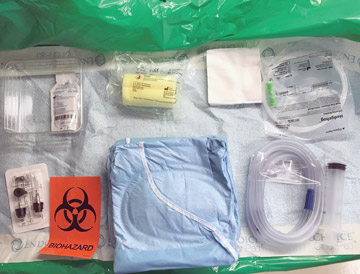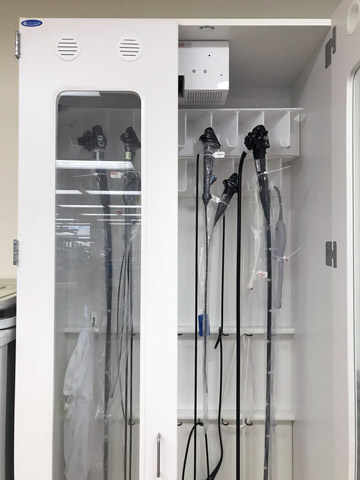This is a hectic time to run a GI center, isn't it? As you keep pace with newly scheduled colonoscopies and work through a backlog of postponed procedures, know the stakes are high for managing and maintaining a full schedule of screenings. In October 2020, the surgery center management firm AMSURG reported 200,000 of its patients had missed their scheduled colonoscopies since the start of the pandemic. That's alarming when you consider about 850 out of every 200,000 colonoscopy patients get diagnosed with colon cancer.
To keep cases moving through your facility in order to give more patients access to potentially life-saving care, reemphasize proper endoscope handling techniques, tap into advances in reprocessing technologies and rely on a properly trained staff. Running an efficient center has never been more important.
.svg?sfvrsn=be606e78_3)


.svg?sfvrsn=56b2f850_5)